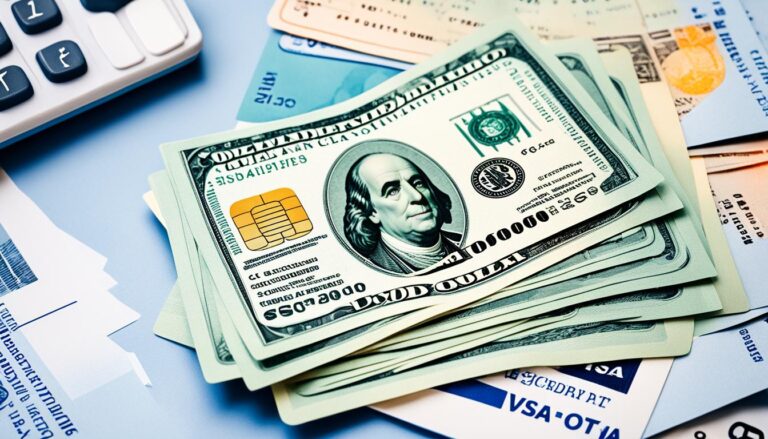Ever wonder what happens if you don’t pay taxes?
Maybe you just forgot one year. Maybe you didn’t forget but just didn’t have the money to pay them.
What happens in those situations? Will there be penalties? And, if so what will those penalties be?
Are they just financial penalties? Or could not paying taxes result in something worse like, say, going to jail? Seizure of property or wages? And/or something else?
Let’s discuss what happens if you do not pay your taxes, either at all or on time.
What Happens If You Don’t Pay Taxes?
Not paying your taxes on time means getting a penalty from the Internal Revenue Service. The Internal Revenue Service, or IRS, is the U.S. government agency responsible for the collection of taxes as well as enforcement of tax laws.
If you do not pay your taxes in time, or even if you are just a couple days late in paying your taxes, the government agency will send you a notice. And if you still have not paid your taxes after that, you may receive more notices from the IRS.
And the more notices you get and the further behind you get, the amount you owe will start to build. You’ll face both penalties and interest on the taxes you owe to the IRS.
The interest rate of your taxes will start to accumulate on the due date that can be found on the notices they send you. Accumulation of interest on your unpaid taxes compounds daily on the unpaid balance. Currently, the interest rate is 5 percent.
Aside from interest, there will also be other fees or penalties if you do not pay your taxes on time. These fees are 0.5 percent per month up to 25 percent of your unpaid balance.
Other Penalties Besides Interest and Fees
Interest and fees are not the only things that can happen if you don’t pay your taxes.
If you owe taxes, the IRS could take it out of any future tax refunds that you may have.
And, yes, the IRS can also seize your assets if you do not pay your taxes as a penalty. For this to happen, the IRS will send you a final notice and give you 30 days to respond. If you don’t take action, they can legally seize your property.
They can seize your wages from your employer. As well as money or assets from your bank account, retirement account, and/or investment accounts. They can also take property such as your home, car, boats and more. If you are a landlord or own a business, the IRS can take rent from tenants or payments from your clients.
And worst of all, they can send you to jail. Now, the good news is that you can’t go to jail if you don’t pay your taxes because you don’t have enough money to do it. In that case, the IRS may work with you to come up with a payment plan.
However, if you don’t even file your taxes or you lie on your tax return, then you could end up in jail.
Penalties For Filing Late
There will also be penalties if you file your taxes late. Those who file their tax returns late are subject to failure-to-file penalties. The charges on these penalties build up on tax returns that have not been filed before or on the due date.
The penalty fees for filing your tax returns late is 5 percent of your unpaid taxes per month.
So the bottom line here is that it’s unlikely you’ll end up in jail if you don’t pay your taxes. But it is possible. More likely is you’ll have to pay a lot more in interest and late fees.
And, even if you can’t pay your taxes, be sure to at least file a return. Because not filing can result in additional penalties and even jail time.








